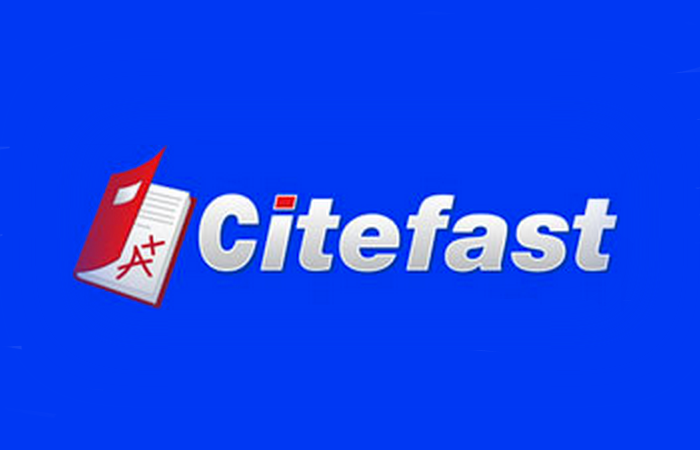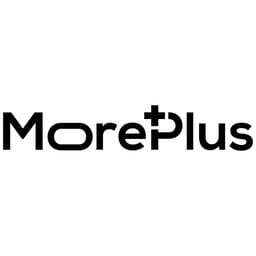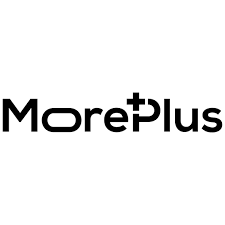Finding the Right Citation Tool: Alternatives to Citefast

While Citefast is a popular option for citation generation, there are several other effective tools available. As a student, I've never been good at grasping the nuances of citation styles. I know there are alternative options, but Citefast has saved my life. I decided to research several options and share the findings.
Alternatives to Citefast
Zotero
Not only does the well-known citation management Zotero provide citations, but it does more. You may organize your research, collaborate with others, and create a personal library with it. Its advanced capabilities make it a great choice for committed scholars, even though it has a slightly steeper learning curve than Citefast.
Mendley
Mendeley is an effective citation manager that emphasizes teamwork. Real-time document editing, group libraries, and connection with popular research platforms are just a few of its features. If you work with people on projects, Mendeley might be the best option.
EasyBib
For an easy and fast remedy, EasyBib is a trustworthy option. It features a user-friendly user interface and supports numerous citation formats. Though its features may not be as extensive as those of Mendeley or Zotero, it's still a great choice for students who need only a simple citation tool.
Citation Machine
Like EasyBib, Citation Machine is a simple-to-use application. It provides an easy-to-follow process for making citations, even for beginners. It may not be as comprehensive as other alternatives, though, in terms of advanced capabilities and supported citation styles.

Google Scholar
If you do research with Google Scholar now, you might be surprised to hear that it contains a citation generator. Though it lacks some of the features of specialized citation managers, if you are already familiar with Google Scholar, it may be a useful choice.
Pros And Cons Of The Various Citation Tools
1. Citation Machine
Pros: Easy to use, supports multiple citation styles, offers a free version.
Cons: May have limitations for complex citations or specialized sources.
2. Zotero
Pros: Powerful reference management software, integrates with word processors, can store PDFs and other research materials.
Cons: May have a steeper learning curve for beginners.
3. EasyBib
Pros: User-friendly interface, offers a free version, supports a variety of citation styles.
Cons: May have limitations for complex citations or specialized sources.
4. Mendeley
Pros: Comprehensive reference management software, integrates with word processors, offers collaboration features.
Cons: May have a steeper learning curve for beginners.
5. EndNote
Pros: Powerful and customizable reference management software, widely used in academic circles.
Cons: Can be expensive, may have a steep learning curve for beginners.
6. BibMe
Pros: Easy to use, supports multiple citation styles, offers a free version.
Cons: May have limitations for complex citations or specialized sources.
7. APA Citation Generator
Pros: Specifically designed for APA style citations, easy to use.
Cons: Limited to APA style only.
8. MLA Citation Generator
Pros: Specifically designed for MLA style citations, easy to use.
Cons: Limited to MLA style only.
9. Chicago Citation Generator
Pros: Specifically designed for Chicago style citations, easy to use.
Cons: Limited to Chicago style only.
10. Harvard Citation Generator
Pros: Specifically designed for Harvard style citations, easy to use.
Cons: Limited to Harvard style only.
The best choice for you will depend on your specific needs, preferences, and the citation style you are using. It's recommended to try out a few different tools to see which one works best for you.

Making the Right Instrument Selection
Your needs and preferences will determine which citation tool is appropriate for you. Consider the following:
- Complexity: Do you require a tool with simpler features or one with more complex ones?
- Collaboration: Will you need to collaborate with others to complete your research?
- Integration: Is a solution that integrates with your word processor or with other software programs?
- Cost: Would you rather use free choices or pay for a premium membership?
Final Word
After giving serious consideration to these factors, you may choose the citation tool that best fits your workflow and helps you organize your academic writing.




